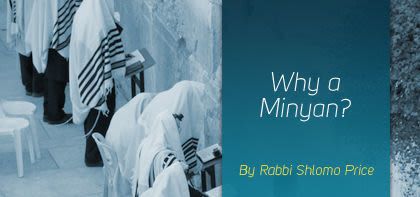
Why a Minyan?
The Chofetz Chaim discusses the great obligation of praying with a minyan and lists the tremendous differences between davening with a minyan or without...

Some people may ask, can’t we just daven alone? Why do we need to join a minyan? The Chofetz Chaim in his sefer, “Shmiras Halashon” (Chasimas hasefer chp 1) discusses the great obligation of davening with a minyan and lists the tremendous differences between davening with a minyan or without. Among the advantages of a minyan that he brings are the following:
a) Hashem doesn’t despise the tefillah (prayer) of the tzibbur (group). Unlike the case when an individual davens and Hashem scrutinizes every brachah (blessing) to see if done with proper kavanah (intention). The Gemarah in Brochos 6a says, “When is the time that Hashem is more willing to accept our tefillot? When the tzibbur is davening.”
b) When a person walks to synagogue (or does any other mitzvah) he is rewarded for every step he takes.
c) The value of a mitzvah done in a group is worth a lot more than if done by an individual. When davening with 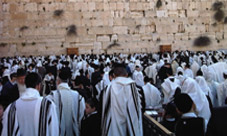 a minyan we are doing a lot of mitzvot in a group such as tefillin, kriat shmah z’chiras yetzias mitzrayim, etc.
a minyan we are doing a lot of mitzvot in a group such as tefillin, kriat shmah z’chiras yetzias mitzrayim, etc.
d) The tremendous reward for answering Amen, Borchu, and Amen Y’hei shmei rabbo.. Chazal teach us that one who answers Amen Y’hei shmei rabbo with all of his might, all his sins are forgiven. (If we would realize how much reward we get for all these things, we wouldn’t run out of the davening before the last Amen, Borchu, or Kaddish. Furthermore, if we happen to wake up late and miss the beginning of Shacharit, we would still try to grab in whatever we can at the end of Shacharit.)
I saw a beautiful story in a book called “Just One Word-Amen,” by Esther Stern, that reveals to us how valuable Amen really is.
A certain doctor was raised in a totally assimilated family in a part of America that was totally devoid of Judaism. Nevertheless, he managed to become a Baal Teshuvah. When asked to explain what inspired him, he was happy to share this remarkable story.
Many years ago he was treating a terminally ill patient. His life was ebbing away. After discussing his case with a number of specialists, he offered the following option to the patient and his family.
His life might be lengthened for six months by a complicated surgery but it would be painful and costly. The patient said that this was not a decision that he could make on his own without consulting the great sage Rabbi Moishe Feinstein.
The doctor went with him to Rabbi Feinstein to personally explain to him the intricacies of the case, and he was also interested to see how the Rabbi would deal with the situation.
The doctor said, “It was my first opportunity to consult a saintly Rabbi. I explained all the hardships. What followed will remain in my memory forever.
Rav Feinstein began to cry for almost twenty minutes. He was so moved by my patient’s plight despite the fact that he wasn’t a relative or a close disciple, only a disciple from many years ago. Finally he said that he needed another day to consider the difficult issue before making a decision.
The next day he greeted us warmly, and with confidence and equanimity assured the patient, ‘Go ahead and have the surgery. We will all pray on your behalf and ask Hashem to grant you many more healthy years.’ Rav Feinstein saw my skepticism so he told me, ‘In the half year reprieve the surgery will grant our friend, he will have the merit of answering Amen to many Berachot. Each Amen will create a guardian angel for him. These angels will defend him in the Heavenly court and he will be granted a long life in their merit.’ “
The doctor finished his story by explaining that this encounter with the holy Tzaddik struck a chord in his heart. Rav Feinstein well understood the ordeal that the patient would have to undergo. Nevertheless, he felt that it would be all worthwhile so that the patient could live a little longer and be able to utter a few words! What is more, Rav Feinstein believed that these words could actually interfere with nature. At that moment the doctor realized that there must be something profound to Torah and Mitzvot.
In fact, the story concludes that the patient actually outlived the doctor’s grim prognosis by several years.
The gematria (numerical value) of Amen is 91, the same gematria of the word angel. Rav Feinstein said, “Every Amen creates a guardian angel.”
Rabbi Aryeh Kaplan Zt”l in his book “A Call to the Infinite” writes about many aspects of Tefillah with a minyan (pp. 90-91). He quotes the Midrash Eicha Rabbah (3:8):
Rabbi Acha said, “What does one who prays with a congregation resemble?A number of people made a crown for the King. A poor man comes along and places his portion in it. The King says, “Just because of the poor man, shall I not accept the crown?” The King accepts it, and when he places the crown on his head, the poor man’s portion is included. Likewise, if there are ten righteous men worshiping, and a wicked person stands among them, G-D says, “Just because of this sinner, should I not accept their worship?”
He also quotes the Talmud Yerushalmi Berachot(5:1):
Rabbi Yochanan said, “When one worships at home, it is as if he is surrounded with walls of iron.”
Rav Ephraim Oshry, ztl in his book “Responsa from the Holocaust”, brings an interesting question about, risking one’s life to study Torah or to pray. In part he says as follows:
The accursed evildoers, plotting treachery after treachery, were aware that this well of hope and comfort inside the synagogues gave Jews courage and strength to stand up to their tribulations. It was no surprise when the Germans issued a decree forbidding public prayer and Torah study under the punishment of death.
Reb Naftoli Weintraub, the gabbai of the Gapinovitch Shul – may G-d avenge him – asked me whether Torah law obligated him to risk his life to pray with his daily minyan and compelled him to risk his life for Torah study?
Response: I did not have the heart to rule that every Jew should risk his life in order to study Torah or pray with a minyan. There were few with the purity of thought that could raise them to the level of a Daniel and his comrades, Chananya, Mishoel, and Azarya, who risked their lives to sanctify G-d, even though they were not bound to.
On the other hand, how could I forbid anyone to risk his life? All Jews possess holy souls that originate at the highest level Above, and according to the Halacha, each individual must probe the degree of his personal love and awe of G-d to determine his level of service to G-d and his consequent right or duty to make sacrifices. Beyond any doubt the Master of Justice and mercy guides each person to act with sensitivity.
In fact, the sacred sons of the living G-d acted as they had always done. They continued to study Torah and to pray with their fellow-Jews.
Even on Rosh Hashanah of 5703 – September l2 and l3, 1942 the Jews did not fear that the Germans would hear the powerful blasts of their shofar during prayer. Not only did the Jews gather in the many houses of prayer set up for the holiday, but in the ghetto hospital, the assimilationist doctors themselves defied the German decree and risked their lives in order to pray publicly.
Rabbi Moshe Prager in his book “Sparks of Glory” (p.32-36) has a moving story called “A Secret Prayer in the Basement”.
“A young little child named Shmulik, had endured many a beating from the Germans while trying to get food for Shabbat. He wanted to join his father who risked his life to pray in the secret basement, but his Father, not wanting to risk the safety of everybody there, refused to let him come. “As the congregation was praying, they heard a knock which was not the special agreed secret knock. They opened the door with trepidation and expected to find the Germans, but all they saw was little Shmulik knocking at the gates of prayer. At this his Father came and with tremendous anger screamed, ‘Such chutzpah, Shmulik, Who are you to disobey orders?’ and gave him a painful humiliating slap. Shmulik cried out and said, ‘Will you beat me too?! Haven’t I had my share of blows. I, too, am a Jew. I, too, want to pray’.”
How cheap we should feel, when we see how these Jews were ready to give up their lives for a Minyan, and we aren’t even ready to give up a little sleep for Minyan. We should feel even worse if we actually do get out of bed, but only for our personal needs. What Chutzpah this is, that we make an effort for ourselves but not to go to daven.
I will end off with a beautiful vort that my Rebbi said over in the name of Rav Stulman.
Shlomo Hamelech talks about the lazy man who has all kinds of excuses why he can’t do a mitzvah. He says in Mishlei (22:13):
“The lazy man says that there is a lion outside in the streets I will be killed.”
Now, the question is, if there really is a lion, then he’s not to be blamed. What do you expect him to do? If there is no lion, then why is he called ‘a lazy man’, he should be called ‘a liar’?
The answer is that there really is a lion, but this person is nevertheless a lazy man. If this person had something important or exciting that he really wanted to do, he wouldn’t stay indoors. He would try to find a way to get around the lion, perhaps get a gun or find a different route. Only when it comes to doing a mitzvah does this person use the lion as an excuse, hence he is labeled a ‘lazy man’.
The same thing can be applied to davening with a Minyan. Many people say the main problem is that they can’t get up so early in the morning to make Minyan, but this is mere laziness. When it comes to making money they are the first ones up. When it comes to something that they are interested in, then they know how to get up. They figure out all kinds of ideas to wake up early in the morning. As my Rebbi said that the problem is not getting up on time in the morning, rather, it’s going to sleep on time. If we go to sleep on time, then we would wake up on time.
May Hashem accept all our tefillot l’tovah. Amen


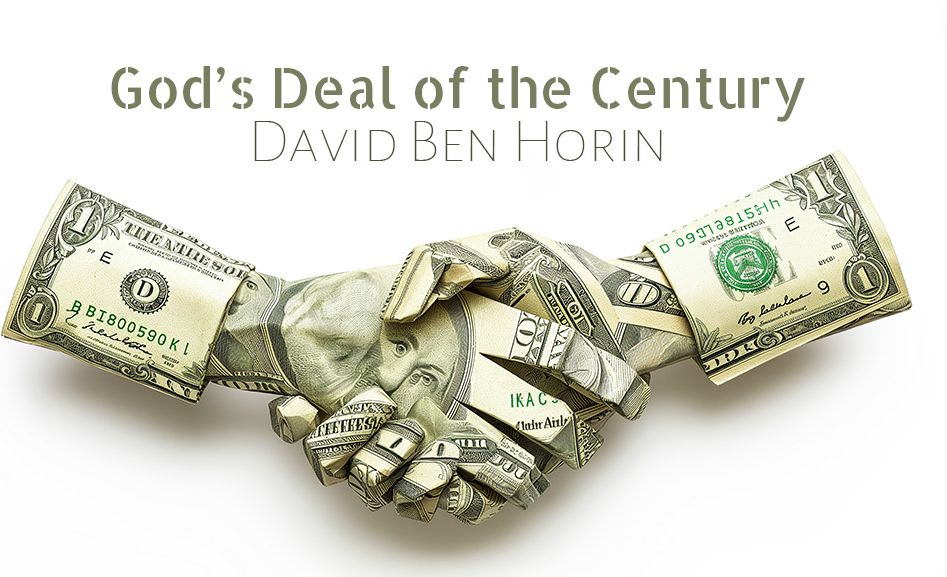
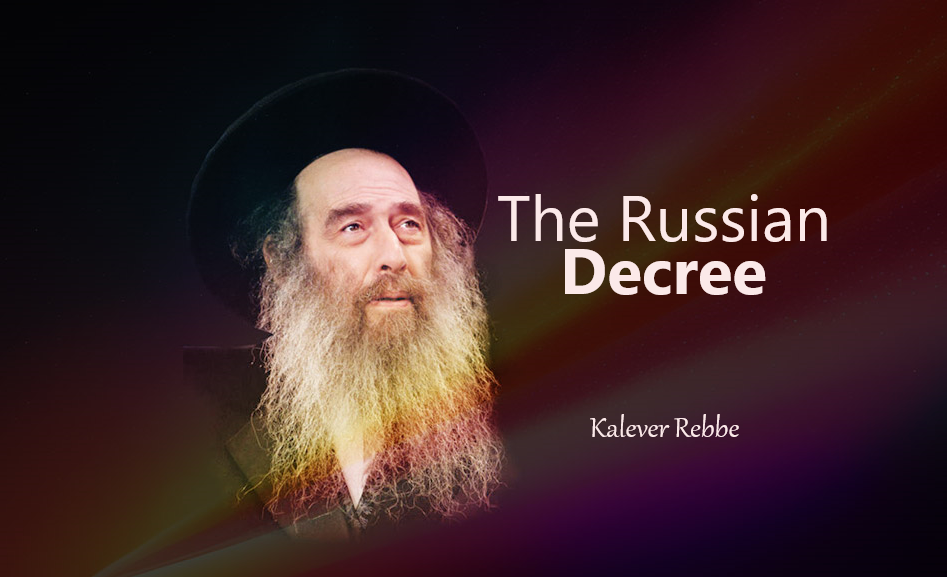
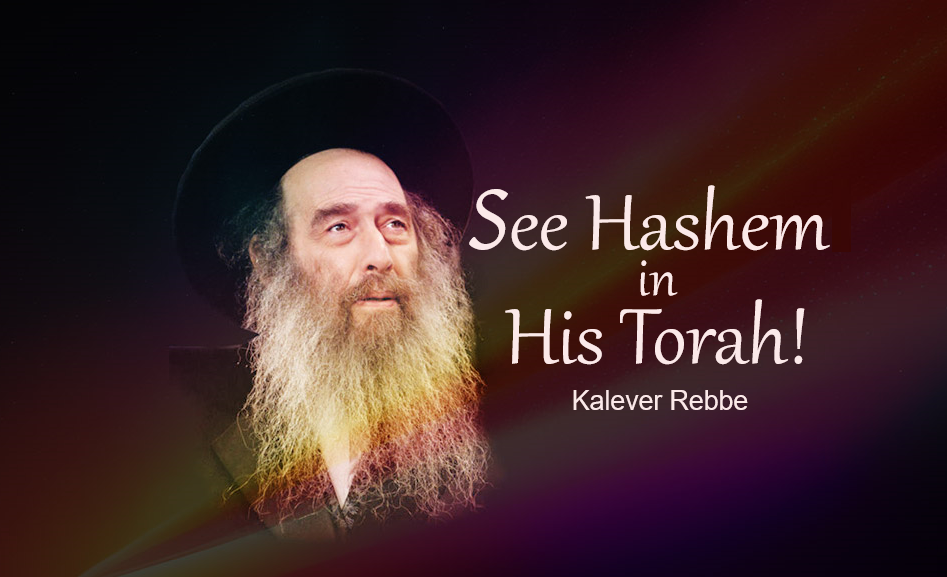
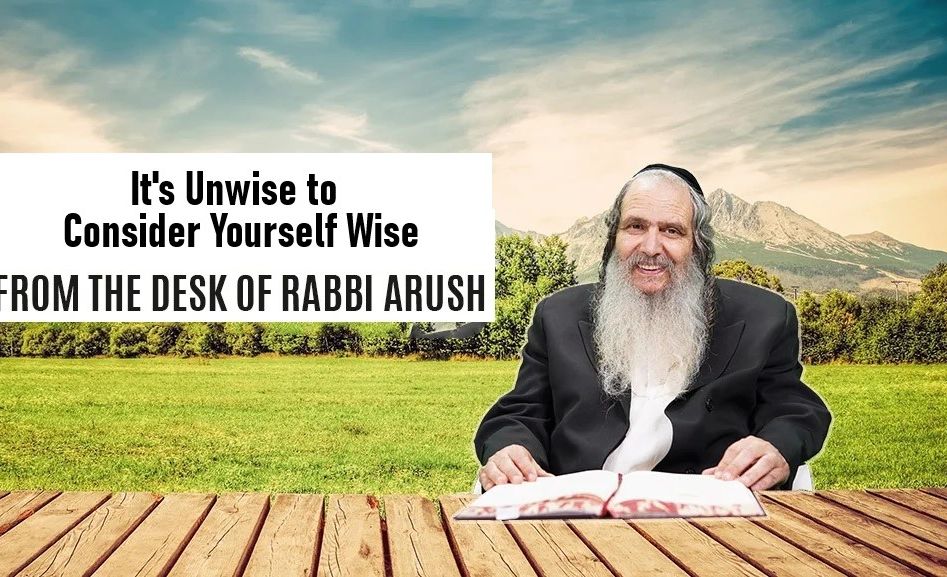
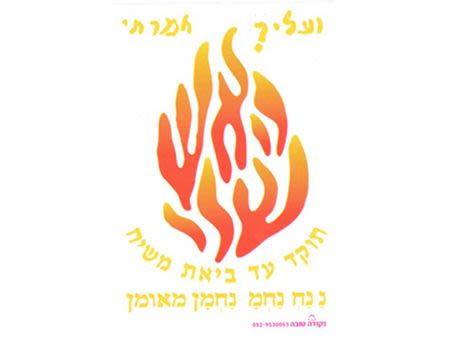


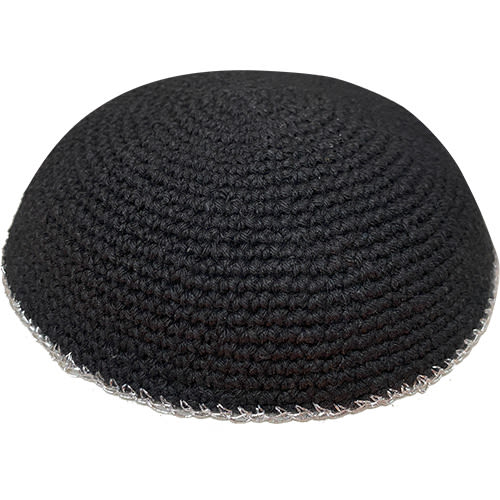
Tell us what you think!
Thank you for your comment!
It will be published after approval by the Editor.